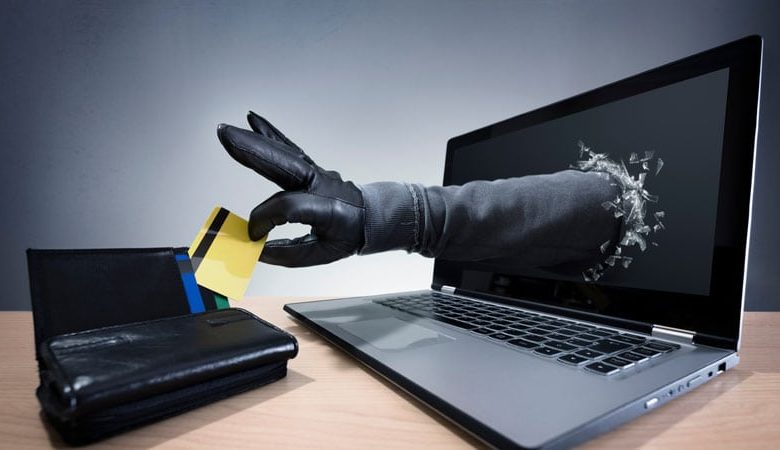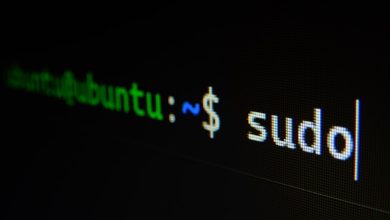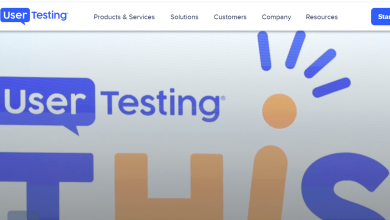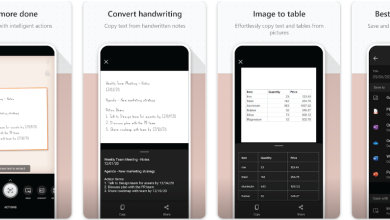What are Online Frauds in Cybersecurity?

Online frauds in cybersecurity are done by the criminals with the access of the internet by fooling people which is made by providing incorrect information to them for extracting the banking details of the customers. The cybercriminal has been looting millions and millions of money every year and many of them are also getting caught. Online frauds are not identified as a single crime but it is a range of illegal and illicit crimes done in cyberspace. The partial or full usage of the internet while committing a crime is called online frauds or cybercrime, even email spams and other online scams are a part of it. There are various crimes that can be done using the internet and cyberspace. Some of them are:
Money Laundering
There are many frauds that pretend to people as if they have huge knowledge in share markets, banks and stocks. By making them realize it, the frauds take money from the common people and they just vanish. These things actually destroy the market as people start believing that investments in shares, stocks, and banks are not reliable and the chance of loss is more but in reality, this is not the case. Buying of shares, stocks and other investments is always profitable if done wisely but these incidents will induce fear among people. So never trust any online agency and the pop-up ads or advertisements through e-mails etc. for investments. Invest with the companies who you can catch if anything goes wrong, don’t get overwhelmed by the extra returns and also verify the authenticity of the company.
Duping
Online shopping has increased a lot among people. These days’ people pre-occupy themselves in search of maximum discounts for an article. They visit several sites without even cross verifying about their authenticity. It has happened many times that suppose a customer has booked a hotel room for a particular date at a comparatively lesser price than what it is being shown in other internet sites. After booking the hotel when the customer goes to his desired place of stay, he finds out that either his hotel room has not been booked or there is no such hotel in that name. Many such fraud cases have been reported to the police.
Phishing
Phishing is a common type of fraudulent done where the frauds collect the Banking details. The card number, CVV number, Expiry Date, PIN number, Internet Banking User ID or Customer ID, Internet Banking Password, Security Questions, etc. are the most valuable data to the hackers. They collect this information from the people when they are using these details to book tickets, hotels or buy various stuffs like apparel, shoes, bags, electronic goods, payment of electricity or mobile bill, etc. They hack certain sites which are not highly secured, it is not possible for the people to know which sites are highly secured and which are less highly secured. The hackers copy the personal banking details and then transfer money into several unknown overseas accounts so that the accounts cannot be traced. These are the times when the debate comes up regarding the anti–virus that is Sophos vs AVG, which one is better? Many say Sophos is better because it gives real-time protection to the customers and some say AVG also does the same work as a much cheaper rate. Here is also more details Mcafee vs avast.
Fraud in the Name of Charity
The online scammer poses as NGOs or charitable organizations so that they can collect the donations provided by the people. They act as if they are collecting money as flood victims, Earthquake victims, raising money for the animals’ protection, etc. These registered organizations also provide certificates to the donors which can be used for deducting taxes. While submitting the certificate for such deductions, the donors realize that they have been cheated. There have also been cases where the scammers used the picture of a person and saying that the person is suffering from cancer or met with a severe accident etc., they need money for the treatment. The scammers generate money in these sympathetic ways.
Spoofing
Spoofing is another way of collecting data from people. The computer is first shown that it is affected by the virus. They also provide you the app or software which is to be used or run in order to get rid of them. Certain pop-up Windows comes to your screen and if it is clicked then the hacker from the other end will fill your computer with a certain software called computer virus. They will copy all the information and monitor the activities on the computer. The information will be reached to the hacker. Another way of hacking is by filling up the computer with advertisements. They will monitor the likes and dislikes of their target and once they try to buy it with their card or internet banking details, the money will be gone. Sophos and AVG are some of the best antivirus providers who can restrict these hackers out of the computer.
Some of the Ways to Protect Yourself
- It is very important to know the ways and symptoms of these scams. Apart from Phishing, spoofing and pop-up virus, there is another deadly virus called Trojan Horse. This virus can record all the information from your computer and can come from emails links and attachments, websites and pop-up windows.
- Always counter check your websites while opening it if it is an unknown website. Copy the URL and paste it in a new tab, if it opens then it is authentic else it is a cover for a fraudulent site.
- It is advised to activate a windows pop up blocker because they cause some real problems while working. So download it from a legitimate site and run it on your computer. Do check if it is not blocking the things you need to see or access and if it is then set it up accordingly.
- Run the anti-virus scanner at least once a week to identify and get rid of the spyware, malware, and adware.
- Keep your anti-virus software updated.
- Use the latest Operating system and internet browser.
- Avoid downloading from unknown sites.
- Keep changing the passwords of your emails, other social accounts, and banking sites.




